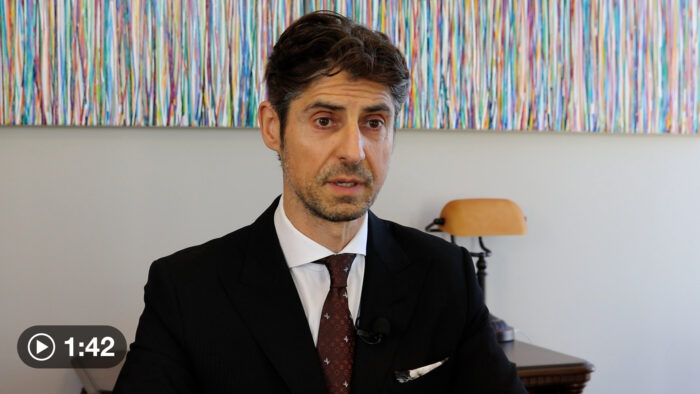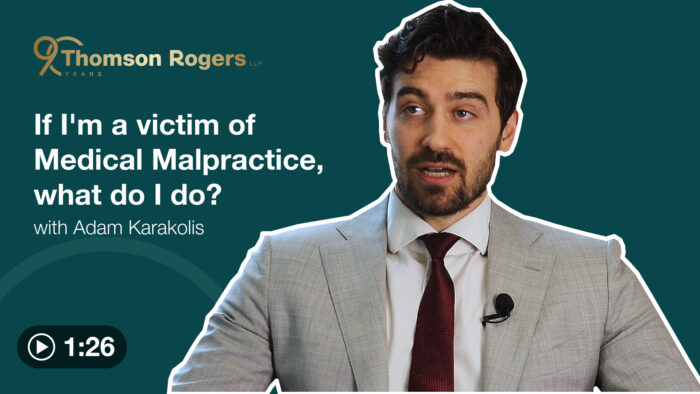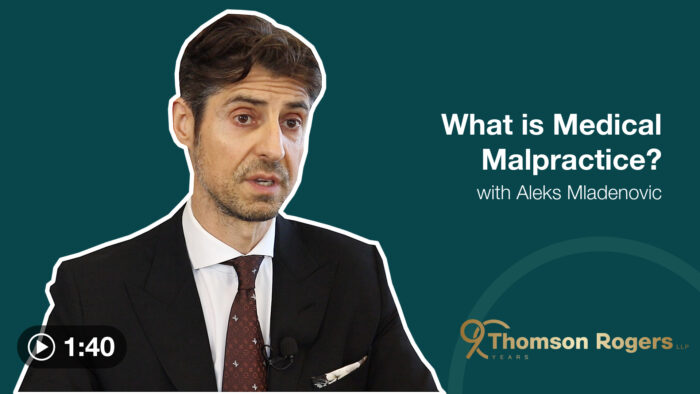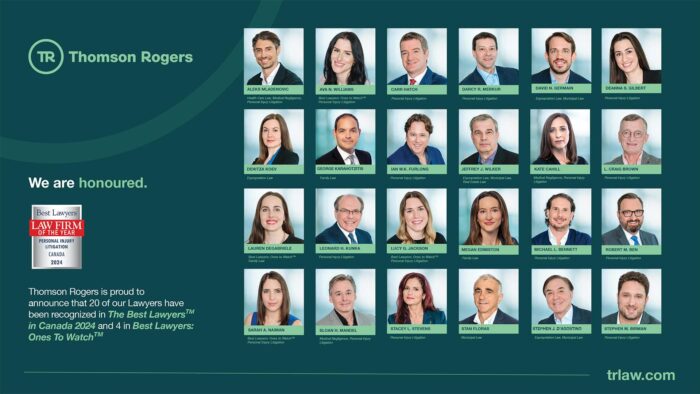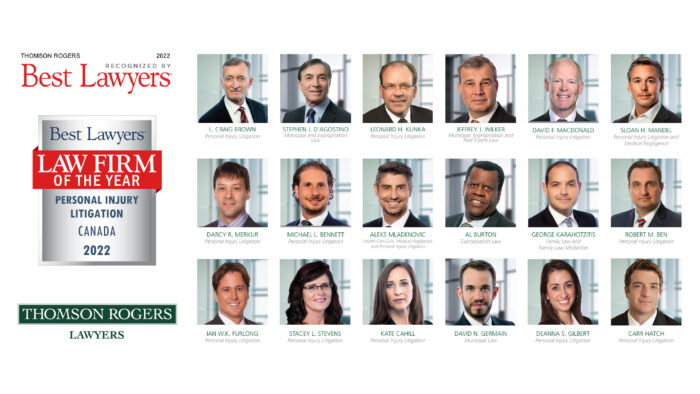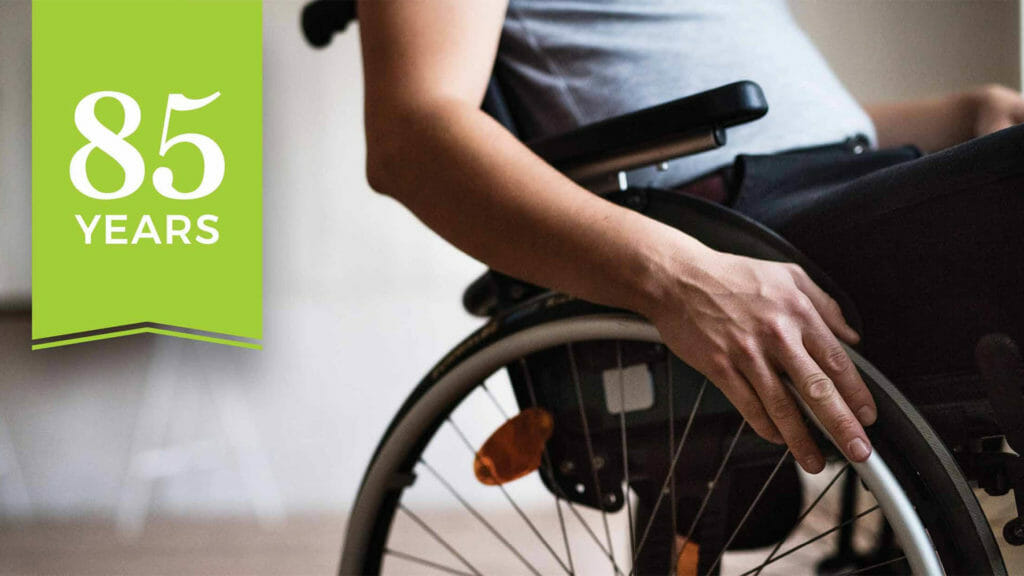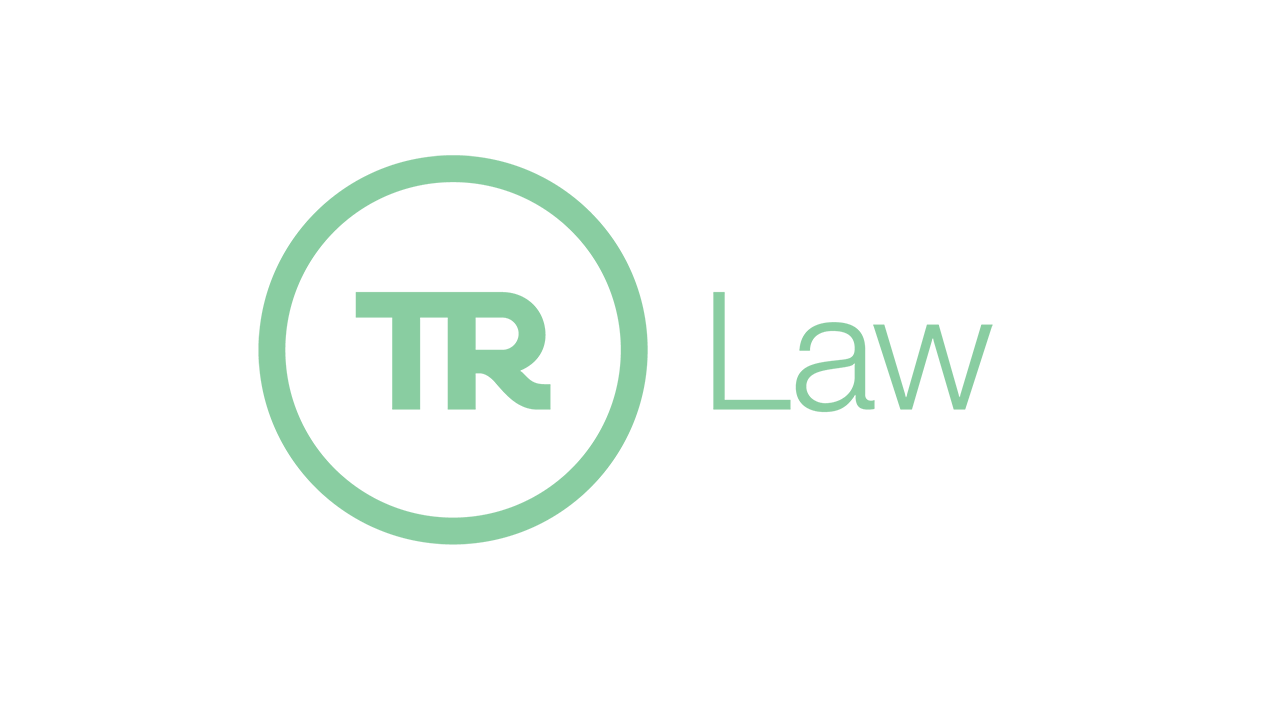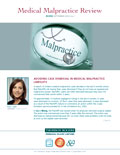
Birth Trauma
Birth Trauma cases are the most complex medical malpractice cases that we investigate and prosecute. If you or your baby has sustained injuries during the delivery process, the impact on your family can be incalculable.
Medicine Malpractice
Your relationship with your family doctor is often a close and long-standing one. It’s also challenging and awkward to ask your family doctor directly about a mistake he or she has made that negatively affected your health.
Emergency Medicine Malpractice
If you or a family member has received poor care during a visit to the Emergency Department, we have the skill and experience to investigate and, if necessary, prosecute your claim.
Surgical Malpractice
While not every bad surgical outcome is caused by surgical negligence, patients are often left wondering whether they received good surgical care, or even good post operative follow up.
Your Child Has Cerebral Palsy
If you are a new parent and have been told that your child has cerebral palsy or a brain injury, you may not be getting all the answers you need from the medical system.
My Child’s Meningitis was Misdiagnosed
Meningitis is a true medical emergency and can have devastating consequences, particularly in young children. Without prompt diagnosis and treatment with antibiotics and/or steroidal medications, a child with meningitis can become extremely ill.
Brachial Plexus Birth Injury
During childbirth, if too much compression, stretching or shearing force is applied to the baby’s shoulder or neck (this will happen most commonly when the doctor or midwife applies traction to pull the baby out of the birth canal), these nerves can be damaged.
When Surgery Goes Wrong
Every surgery comes with some risk. However, some surgical complications are the result of negligence by the surgeon, anesthetist, or another surgical team member.









